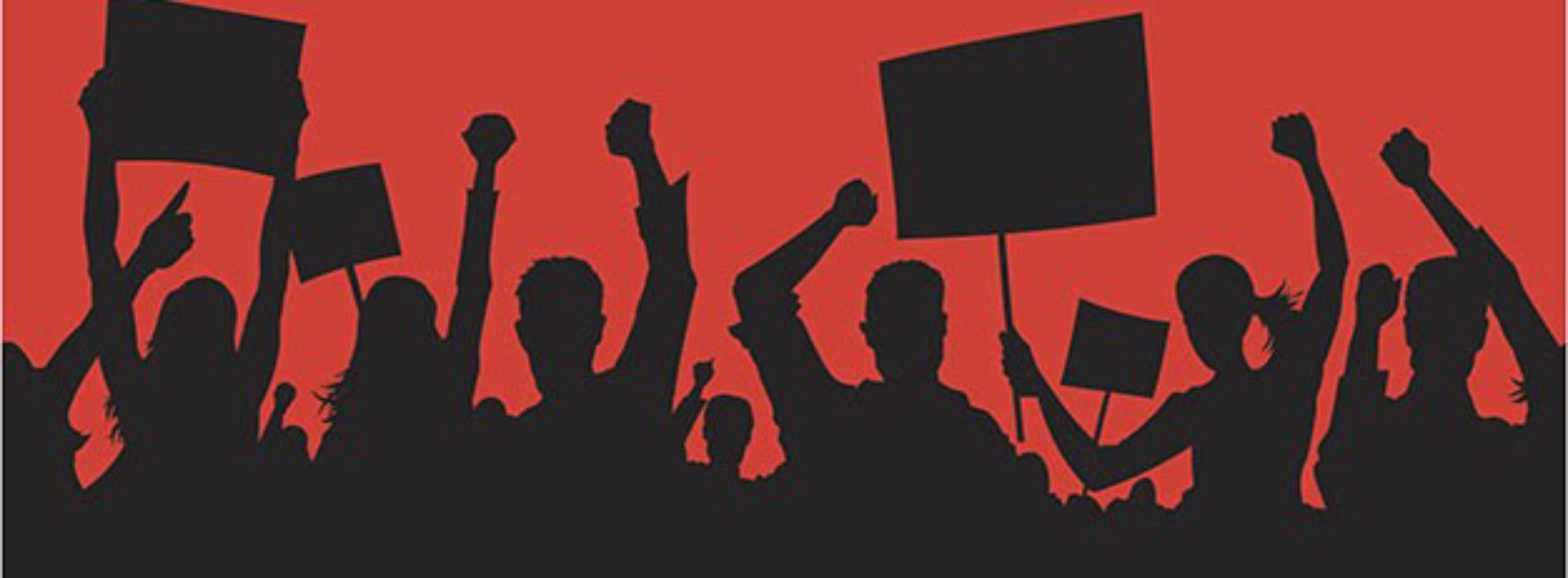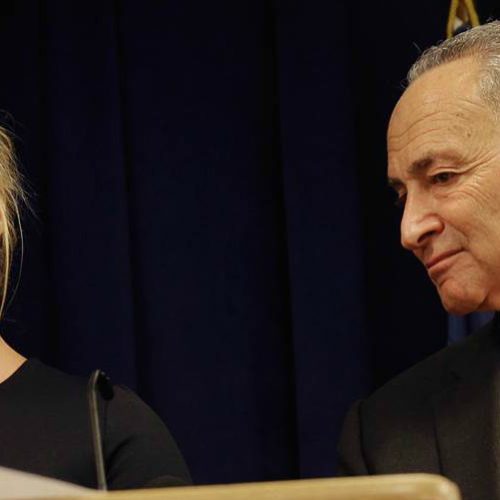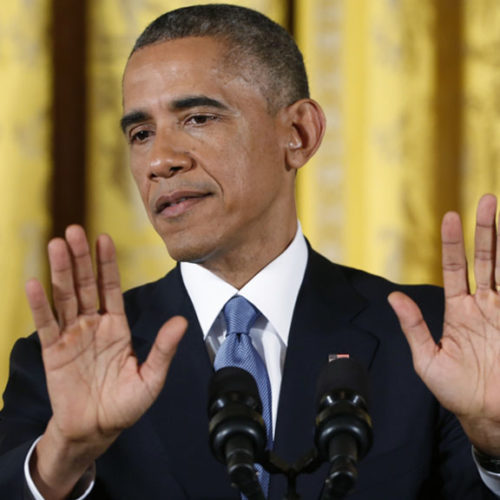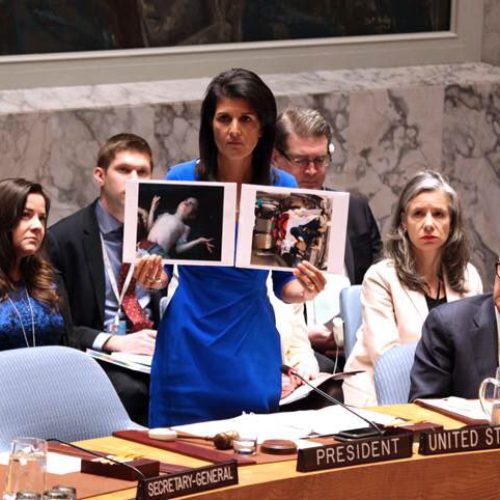With the Election Over, the Work of Accountability Begins for the Silent Majority
By Angela Morabito, StandUnited.org
The covers of Time magazine tell a story in three acts: First, an image of Donald Trump titled “Meltdown.” After the Billy Bush tape, a distorted version of the first image titled “Total Meltdown.” And then, a photo of President-elect Trump giving his acceptance speech.
Time is not alone in its surprise. Hillary Clinton herself had started celebrating early, by tweeting a childhood photo with “Happy birthday to this future president,” on Oct. 26.
With a highly competitive primary season and a close election last week, let’s face it: Few Americans feel as though they won. But we’ve suffered through the television ads, tweeted our way through the debates, and cast our votes. We’ve done our civic duty and can sit back until the 2018 midterms now. Right?
Not quite.
The Founders envisioned a government deeply in touch with the people as it governed, not only during campaigns. In fact, the separation of powers and the Electoral College were created solely to exist as safeguards against mob rule.
During the post-Revolutionary War era, cities were small and communities tightly knit. You might have known your congressman personally, and you likely knew your mayor. America’s population was only 2.5 million people — about the size of Houston today.
As the country grew and industrialized, that kind of personal connection became unsustainable. Americans found other ways to communicate the will of the people. In the 20th century, that included political parties, interest groups and town-hall meetings.
These methods take place outside of government, yet are crucially important to a representative democracy like ours. We have done the “democracy” part by casting our ballots. The “representative” part means making our concerns known to the new wave of government officials, and holding them accountable to the people they represent.
Every ballot cast is for naught unless the new president (and his Cabinet), Congress, governors and state legislators are held accountable to the people. Communicating with these people is easier than most people realize.
Writing a letter to your congressman gets a canned response. Calling a political office gets you an intern who will listen patiently, but probably wins no policy result.
Those methods are going the way of the dodo, because we have better methods now. You can “ping” public figures with your questions on Twitter, comment on their Instagrams, and in many cases even send a Snapchat video. You’re likely reading this on a device that doubles as a video camera.
There has never been a better time for citizen activism.
Strength in numbers still matters in the digital age, and it’s easier to accrue those numbers when you’ve got a hashtag campaign or viral content. And when your idea takes off and there are thousands of people standing (digitally) behind you, you are effectively your own lobbyist — no K Street office in Washington required.
These new tools are a much better reflection of public opinion than the old methods, such as letters to Congress or attendance at city council meetings.
In fact, social media correctly predicted the outcome of the 2016 presidential election — even when almost all of the major polls got it wrong. The Clinton campaign used a computer algorithm it called “Ada” to determine the candidate’s every move. Ada told the campaign when and where the candidate should appear. Obviously, Ada did not propel Clinton to victory. New media only works when real people are at the helm.
The Left was an early adopter of Facebook, Twitter, YouTube and online-petition platforms to make its collective voice heard.
The difference between the 2008 Obama campaign and the McCain campaign was, in no small part, a dynamic online presence that reached people through their phones. But technology is a great equalizer. It doesn’t favor liberals, progressives, conservatives or libertarians. Technology requires only to be used.
Right-leaning Americans are carving out their own space in the digital world on platforms such as StandUnited.org. Conservatives and Libertarians (and plenty of moderates, too) use digital organizing as a front line in consumer protection and students’ rights, as well as political influence.
Had this election happened 20 years ago, public lobbying campaigns would involve writing letters, handing out leaflets, hanging up posters and dialing up people you find in the phone book. Now, you can log on to StandUnited to write a petition in minutes and at no cost.
With leverage and a little luck, those like-minded people will find you.
Angela Morabito is the senior campaign organizer for StandUnited.org, an online-petition platform.




